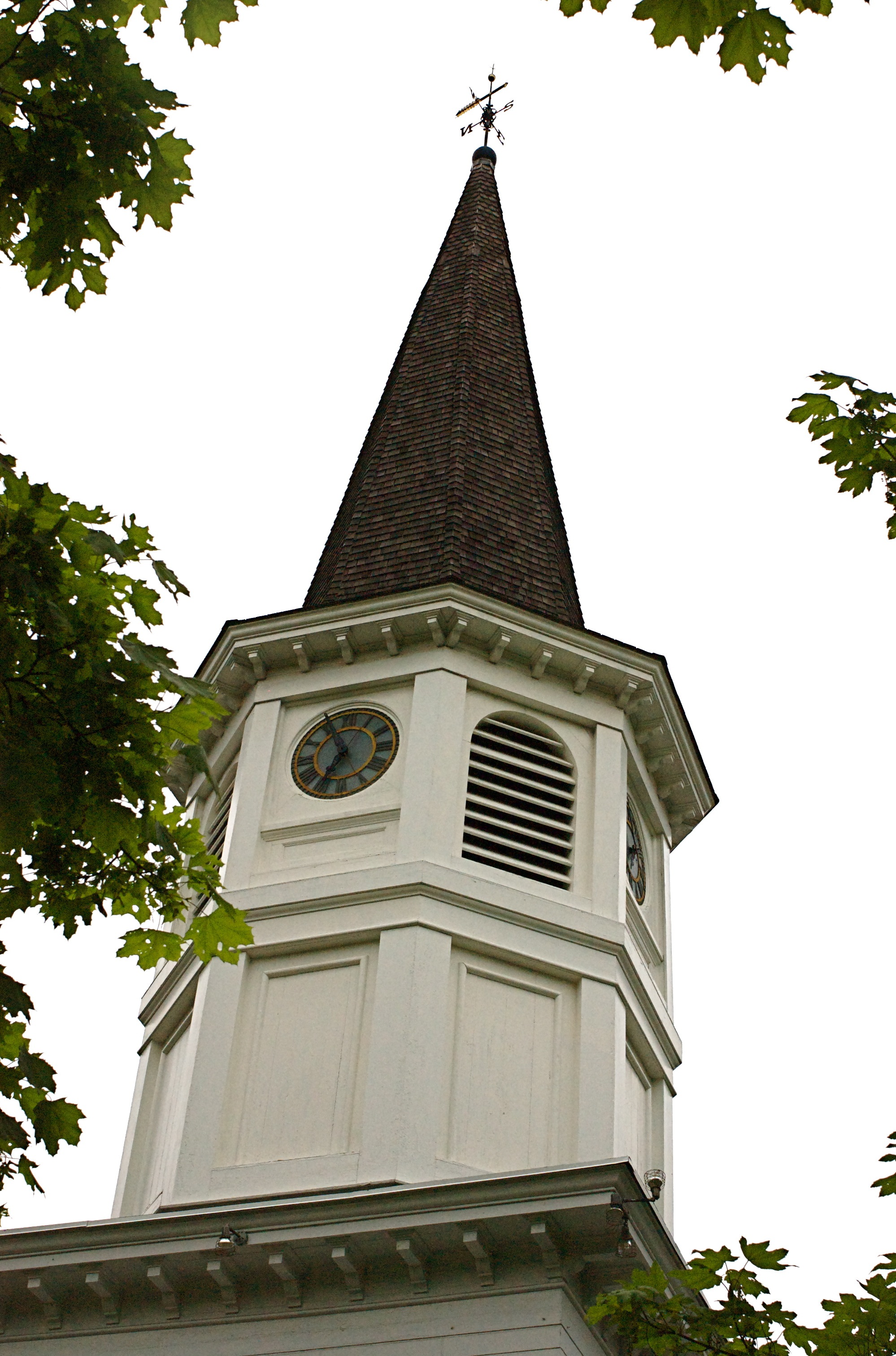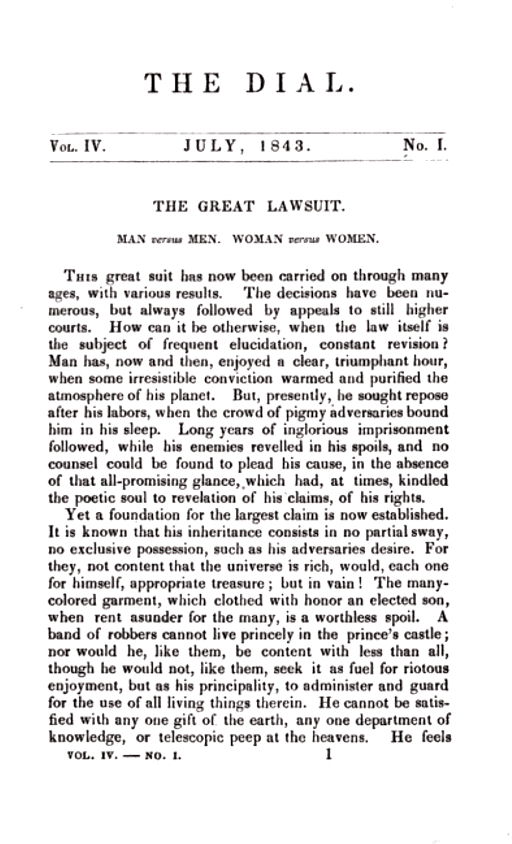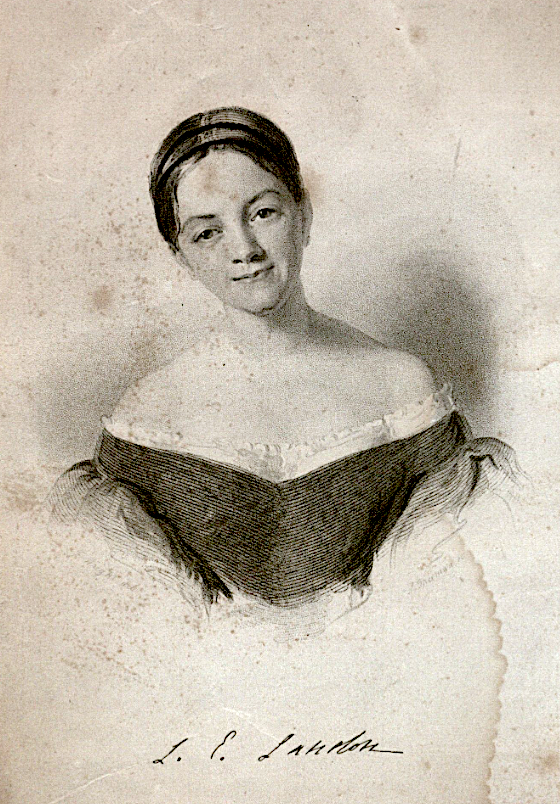|
1841 In Poetry
Nationality words link to articles with information on the nation's poetry or literature (for instance, Irish or France). Events *January – Elizabeth Barrett Browning is given her golden cocker spaniel "Flush" by writer Mary Russell Mitford. *July 20 – English "peasant poet" absconds from an asylum for the insane at High Beach in Essex and walks 90 miles (140 km) to his home at Northborough in the east midlands. In late December he is admitted to Northampton General Lunatic Asylum where he will spend the remaining 23 years of his life. * Victor Hugo is elected to the Académie Française, on his fifth attempt. Works published in English United Kingdom * Sarah Fuller Adams, ''Vivia Perpetua: A dramatic poem'' * Robert Browning, ''Pippa Passes'', verse drama * W. J. Fox, ''Hymns and Anthems'', 150 numbered hymns without music, 13 by Sarah Fuller Adams, including "Nearer, my God, to thee"; anthology * Thomas Moore, ''The Poetical Works of Thomas Moore'', ... [...More Info...] [...Related Items...] OR: [Wikipedia] [Google] [Baidu] |
Sarah Fuller Adams
Sarah Fuller Flower Adams (or Sally Adams) (22 February 1805 – 14 August 1848) was an English poet and hymnwriter. A selection of hymns she wrote, published by William Johnson Fox, included her best-known one, "Nearer, My God, to Thee", reportedly played by the band as the RMS ''Titanic'' sank in 1912. Early life and education Sarah Fuller Flower was born 22 February 1805, at Old Harlow, Essex, and baptised in September 1806 at the Water Lane Independent Chapel in Bishops Stortford. She was the younger daughter of the radical editor Benjamin Flower, and his wife Eliza Gould. Her father's mother Martha, sister of the wealthy bankers William Fuller and Richard Fuller, had died the month before Adams' birth. Her elder sister was the composer Eliza Flower. Her uncles included Richard Flower, who emigrated to the United States in 1822 and was a founder of the town of Albion, Illinois; and the nonconformist minister John Clayton. Her mother died when she was only five years ol ... [...More Info...] [...Related Items...] OR: [Wikipedia] [Google] [Baidu] |
The Wreck Of The Hesperus
"The Wreck of the Hesperus" is a narrative poem by American poet Henry Wadsworth Longfellow, first published in ''Ballads and Other Poems'' in 1842. It is a story that presents the tragic consequences of a skipper's pride. On an ill-fated voyage in winter, he brings his daughter aboard ship for company. The skipper ignores the advice of one of his experienced men, who fears that a hurricane is approaching. When the storm arrives, the skipper ties his daughter to the mast to prevent her from being swept overboard. She calls out to her dying father as she hears the surf beating on the shore, then prays to Christ to calm the seas. The ship crashes onto the reef of Norman's Woe and sinks; the next morning a horrified fisherman finds the daughter's body, still tied to the mast and drifting in the surf. The poem ends with a prayer that all be spared such a fate "on the reef of Norman's Woe." The poem was published in the ''New World'', edited by Park Benjamin, which appeared on Janu ... [...More Info...] [...Related Items...] OR: [Wikipedia] [Google] [Baidu] |
Henry Wadsworth Longfellow
Henry Wadsworth Longfellow (February 27, 1807 – March 24, 1882) was an American poet and educator. His original works include the poems " Paul Revere's Ride", '' The Song of Hiawatha'', and '' Evangeline''. He was the first American to completely translate Dante Alighieri's ''Divine Comedy'' and was one of the fireside poets from New England. Longfellow was born in Portland, District of Maine, Massachusetts (now Portland, Maine). He graduated from Bowdoin College and became a professor there and, later, at Harvard College after studying in Europe. His first major poetry collections were ''Voices of the Night'' (1839) and ''Ballads and Other Poems'' (1841). He retired from teaching in 1854 to focus on his writing, and he lived the remainder of his life in the Revolutionary War headquarters of George Washington in Cambridge, Massachusetts. His first wife, Mary Potter, died in 1835 after a miscarriage. His second wife, Frances Appleton, died in 1861 after sustaining burns ... [...More Info...] [...Related Items...] OR: [Wikipedia] [Google] [Baidu] |
1842 In Poetry
Nationality words link to articles with information on the nation's poetry or literature (for instance, Irish or France). Events Works published in English United Kingdom * Robert Browning, '' Dramatic Lyrics'', including "My Last Duchess", "The Pied Piper of Hamelin" and "Soliloquy of the Spanish Cloister"; the author's first collection of shorter poems (reprinted, with some revisions and omissions in ''Poems'' 1849; see also ''Bells and Pomegranates'' 1841, reprinted each year from 1843–1846) * Thomas Campbell, ''The Pilgrim of Glencoe, with Other Poems'' * Frederick William Faber, ''The Styrian Lake, and Other Poems'' * J. O. Halliwell-Phillipps, ''The Nursery Rhymes of England'', anthology * Leigh Hunt, ''The Palfrey'' * Thomas Babington Macaulay, ''Lays of Ancient Rome'', including "Horatius" * Robert Montgomery, ''Luther'' * Alfred Tennyson, ''Poems'', including "Locksley Hall", "Morte d'Arthur", "Ulysses", " Lady Clara Vere de Vere", " The Two Voices", "The Vi ... [...More Info...] [...Related Items...] OR: [Wikipedia] [Google] [Baidu] |
Charles Follen
Charles (Karl) Theodor Christian Friedrich Follen (September 6, 1796 – January 13, 1840) was a Germans, German poet and patriot, who later moved to the United States and became the first professor of German language, German at Harvard University, a Unitarianism, Unitarian minister, and a radical Abolitionism in the United States, abolitionist. He was fired by Harvard for his abolitionist statements. Life in Europe Karl Theodor Christian Friedrich Follen was born at Romrod, in Landgraviate of Hesse-Darmstadt, Hesse-Darmstadt (present-day Germany), to Christoph Follenius (1759–1833) and Rosine Follenius (1766–1799). His father was a counselor-at-law and judge in Giessen, in Hesse-Darmstadt. His mother had retired to Romrod to avoid the French revolutionary troops that had occupied Giessen. He was the brother of August Ludwig Follen and Paul Follen, and the uncle of the biologist Carl Vogt. He was educated at the preparatory school at Giessen, where he distinguished himself ... [...More Info...] [...Related Items...] OR: [Wikipedia] [Google] [Baidu] |
William Davis Gallagher
William Davis Gallagher (August 21, 1808 – June 27, 1894) was an American journalist and poet. Biography Davis was born on August 21, 1808, in Philadelphia, Pennsylvania. He later moved with his family to Mount Healthy, Ohio after the death of his father, a refugee from Ireland who had fled after the Irish Rebellion of 1803. He worked as an editor for various newspapers and in later years became famous for poetry. In 1841, Davis compiled ''Selections from the Poetical Literature of the West'', one of the earliest American regional poetry anthologies; it included poems by 38 writers in the West, including Gallagher's own very popular poem, "Miami Woods".Burt, Daniel S.''The Chronology of American Literature: : America's literary achievements from the colonial era to modern times'' Houghton Mifflin Harcourt, 2004, , retrieved via Google Books His poetry is available in numerous anthologies In book publishing, an anthology is a collection of literary works chosen by the com ... [...More Info...] [...Related Items...] OR: [Wikipedia] [Google] [Baidu] |
1847 In Poetry
Nationality words link to articles with information on the nation's poetry or literature (for instance, Irish or France). Events *April **Robert Browning settles with his wife Elizabeth Barrett Browning in Florence **Young Romanian poet Vasile Alecsandri's beloved, Elena Negri, dies in his arms onboard a ship in the Mediterranean; he channels his mourning into a poem, "Steluța" ('Little Star') *Between July and October – Rev. Henry Francis Lyte composes the hymn "Abide with Me" a few months before his death *September 16 – William Shakespeare's house of birth in Stratford-upon-Avon in England is bought by the United Shakespeare Company for preservation; this year also, Schiller's house in Weimar is opened to the public as a museum Works published in English United Kingdom * Edwin Atherstone, ''The Fall of Nineveh'', enlarged (from the 1828 edition) to 30 booksCox, Michael, editor, ''The Concise Oxford Chronology of English Literature'', Oxford University Press, 200 ... [...More Info...] [...Related Items...] OR: [Wikipedia] [Google] [Baidu] |
The Dial
''The Dial'' was an American magazine published intermittently from 1840 to 1929. In its first form, from 1840 to 1844, it served as the chief publication of the Transcendentalists. From the 1880s to 1919 it was revived as a political review and literary criticism magazine. From 1920 to 1929 it was an influential outlet for modernist literature in English. In January 2023, the name of ''The Dial'' was revived for a new online magazine of international writing and reporting. Transcendentalist journal Members of the Hedge Club began talks for creating a vehicle for their essays and reviews in philosophy and religion in October 1839.Gura, Philip F. ''American Transcendentalism: A History''. New York: Hill and Wang, 2007: 128. Other influential journals, including the ''North American Review'' and the '' Christian Examiner'' refused to accept their work for publication. Orestes Brownson proposed utilizing his recently established periodical ''Boston Quarterly Review'' but mem ... [...More Info...] [...Related Items...] OR: [Wikipedia] [Google] [Baidu] |
Ralph Waldo Emerson
Ralph Waldo Emerson (May 25, 1803April 27, 1882), who went by his middle name Waldo, was an American essayist, lecturer, philosopher, minister, abolitionism, abolitionist, and poet who led the Transcendentalism, Transcendentalist movement of the mid-19th century. He was seen as a champion of individualism and critical thinking, as well as a prescient critic of the countervailing pressures of society and conformity. Friedrich Nietzsche thought he was "the most gifted of the Americans," and Walt Whitman called Emerson his "master". Emerson gradually moved away from the religious and social beliefs of his contemporaries, formulating and expressing the philosophy of Transcendentalism in his 1836 essay, "Nature (Emerson), Nature". His speech "The American Scholar," given in 1837, was called America's "intellectual Declaration of Independence" by Oliver Wendell Holmes Sr.Richardson, p. 263. Emerson wrote most of Essays (Emerson), his important essays as lectures and then revised them ... [...More Info...] [...Related Items...] OR: [Wikipedia] [Google] [Baidu] |
American Poetry
American poetry refers to the poetry of the United States. It arose first as efforts by American colonists to add their voices to English poetry in the 17th century, well before the Constitution of the United States, constitutional unification of the Thirteen Colonies (although a strong oral tradition often likened to poetry already existed among Native Americans in the United States, Native American societies). Most of the early colonists' work was similar to contemporary English models of Meter (poetry), poetic form, diction, and Theme (literary), theme. However, in the 19th century, an American Common parlance, idiom began to emerge. By the later part of that century, List of poets from the United States, poets like Walt Whitman were winning an enthusiastic audience abroad and had joined the English-language ''avant-garde''. Much of the American poetry published between 1910 and 1945 remains lost in the pages of small circulation political periodicals, particularly the ones o ... [...More Info...] [...Related Items...] OR: [Wikipedia] [Google] [Baidu] |
Letitia Elizabeth Landon
Letitia Elizabeth Landon (14 August 1802 – 15 October 1838) was an English poet and novelist, better known by her initials L.E.L. Landon's writings are emblematic of the transition from Romanticism to Victorian literature. Her first major breakthrough came with ''The Improvisatrice'' and thence she developed the metrical romance towards the Victorian ideal of the Victorian monologue, influencing fellow English writers such as Elizabeth Barrett Browning, Robert Browning, Alfred Tennyson and Christina Rossetti.Sypher Her influence can also be found in the United States, where she was very popular. Edgar Allan Poe regarded her genius as self-evident. In spite of these wide influences, due to the perceived immorality of Landon's lifestyle, her works were largely ignored or misrepresented after her death. Early life Letitia Elizabeth Landon was born on 14 August 1802 in Chelsea, London to John Landon and Catherine Jane, ''née'' Bishop. A precocious child, Landon learned to ... [...More Info...] [...Related Items...] OR: [Wikipedia] [Google] [Baidu] |







